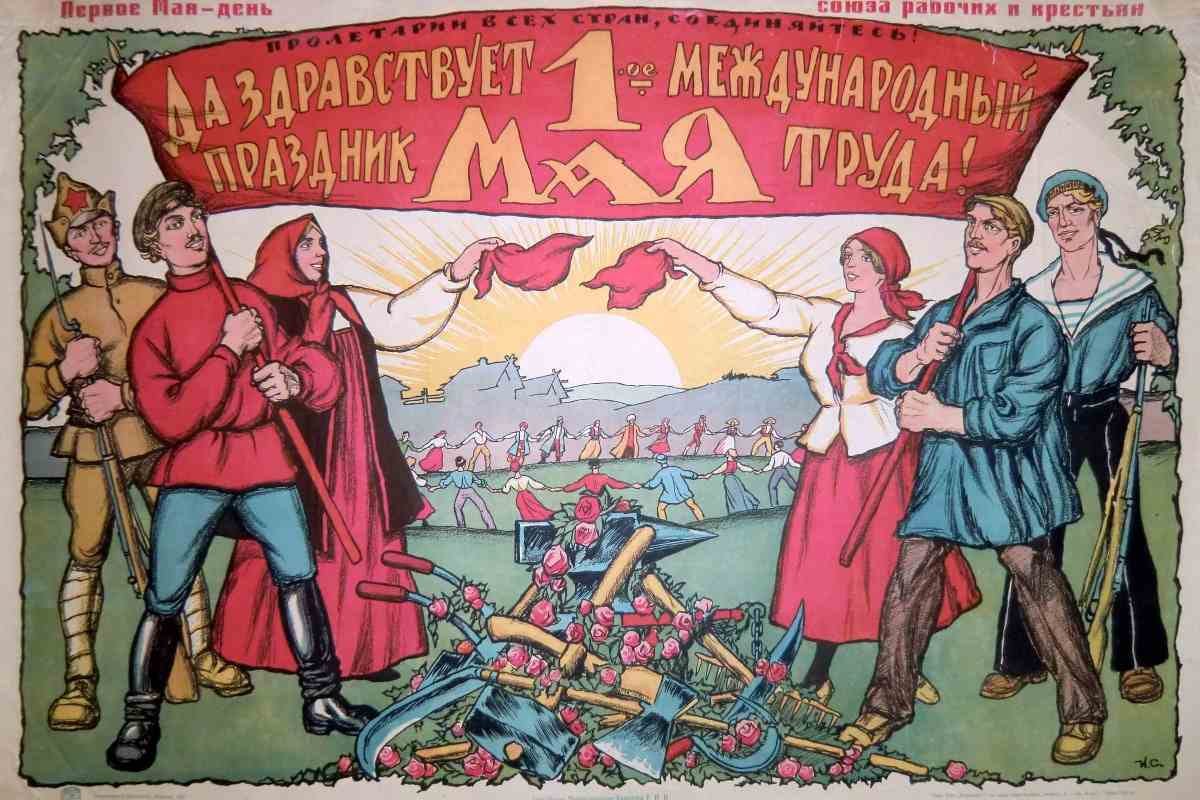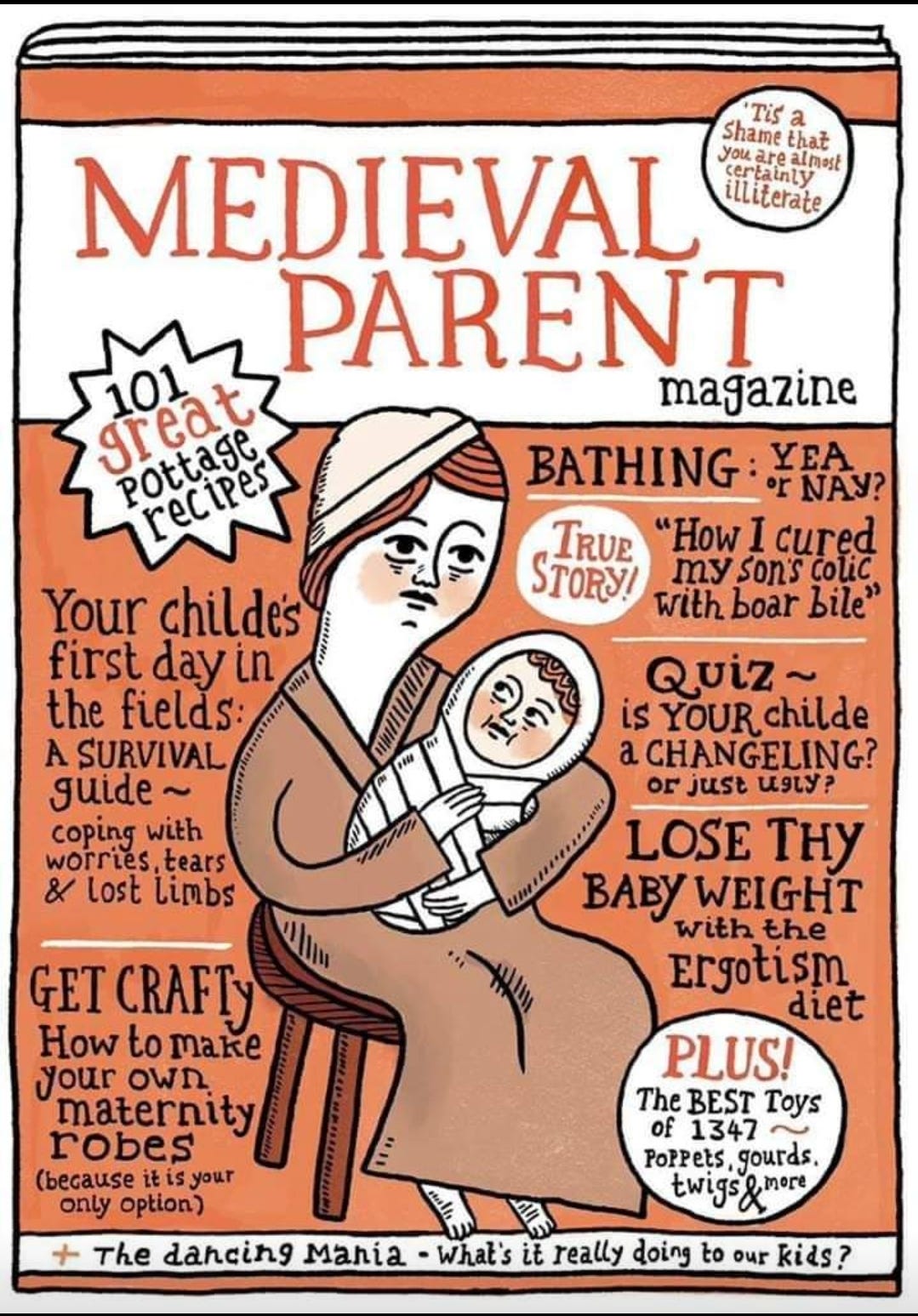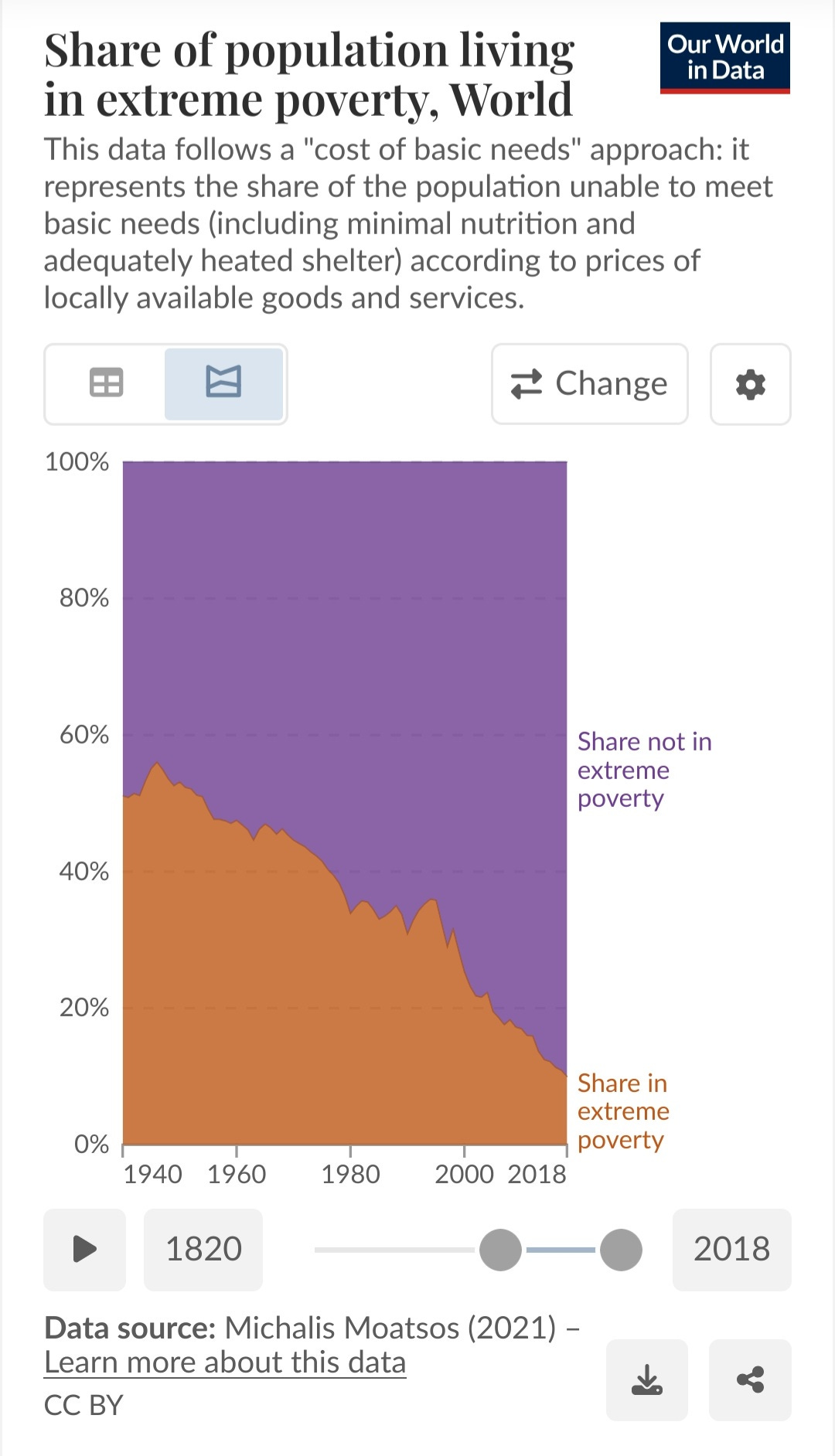Caveat: this is some moralizing about work. Christians are supposed to work six days and rest for one day. But our sermons are typically about rest 6/7ths of the time. This is a tiny contribution to correct the imbalance. If you’d rather hear moralizing about rest, there is lots of good stuff out there. -the wee mouse
Once upon a time there were three employees. Their boss went away for a while. In his absence, he gave each of them some capital and instructed them to make it grow. Two of them were obediently productive and grew the capital. One of them wasn’t. The unproductive employee was fired, because instead of doing what he was told, he buried it in a hole, so that he wouldn’t lose it and REALLY be in trouble. (Apparently, this employee had not yet taken the mandatory capital risk management training and was bad at assessing threats and opportunities). This was a bad situation for the employee, because the labor market in this country consisted of a monopoly, so the unproductive employee couldn’t find another job. There were no other bosses! He demanded his rights to a job, but the boss just laughed. The boss had him on the “do not re-hire” list. He starved to death. The end.
Sound familiar? Now, another parable.
While being given a tour of China, Professor Milton Friedman spotted scores of workers moving earth with shovels instead of modern machinery. When he asked his host, the Chinese government commissar, why powerful equipment wasn’t used instead of so many workers, his host told him it was to keep employment high in the construction industry. If they used tractors or modern road building equipment, fewer people would have jobs. “Then instead of shovels, why don’t you give them spoons and create even more jobs?” Friedman inquired.
These are two stories about two different bosses. In the Lord’s story, the boss is God. In Friedman’s story, the boss is the government. One story is about the Kingdom of God; the other story is about the kingdom of Satan.
In Satan’s kingdom, Satan is the Provider. He gives you jobs; he gives you bread; he gives you life. He poses as a monopoly. But he’s compassionate! Satan is a great respecter of our right to have a job. He will even give us spoons, so that there will be plenty of jobs to go around, even if it means the dams and bridges and houses take 1,000 years to get built. If the people in need of infrastructure die of exposure in the meantime, no big deal. That’s just the cost of doing business with Satan, the Provider. In Satan’s kingdom, the workers and the people who need the infrastructure aren’t one and the same, but rather are two diametrically opposed interest groups, who must fight over resources.
In God’s kingdom, God is the Provider. He gives you a job, and daily bread. But he does it for free. First, he buys out your contract from Satan, then he sets you to his work instead of Satan’s work. Then you work and you keep on working. No matter how long you work, you never earn any right to work… because no such thing exists. You work because people depend on you. Therefore, the Boss demands efficiency. If it means spending capital on robots so that houses can be built quickly, that’s what he wants. In God’s kingdom, the workers are the same people as the people who need the houses to live in. God’s industry is a win-win industry. God’s employees don’t worry about job creation programs. They focus on what the boss wants, and they do it. The boss, apparently, is hyper-focused on the customer, i.e. the one being served.
The Chinese commissar is Satan; the old boss. Christ is God; the new boss. They definitely aren’t the same.
Don’t be fooled.
If Satan, rather than God, had been the boss of the unproductive worker in the parable, the worker could have saved his job! He could have told Satan that, had he grown the money, the profit might have been spent on capital equipment, which might have imperiled the jobs of his colleagues. “I was just looking out for them, boss. Didn’t want their right of a job to be at risk.”
God’s kingdom is hyper-focused on the customer for a reason. Christ died to serve his bride. He didn’t view that job as something he had a right to. He had been promised all sorts of “rights” in exchange for his labor by Satan, but he knew who his real boss was, and what his real reward would be for his labor. So he entrusted himself to a faithful savior while doing good.
Unfortunately, God’s people are bewitched by the promises of Satan, who is always urging us to look backward instead of forward. Thus we are held hostage to our lust for nostalgic views of the past. We want the Satan the government to control the markets so we can enjoy what we think are our rights. We trad-ish Christians are the worst at this. We are obsessed with the “good old days” before the industrial revolution when families were all happy, there was no division of labor, people weren’t atomized, and we had to make everything by hand in our cottages.
C.S. Lewis was right about a lot, but he was a bit wrong about this. From The Weight of Glory:
Do you think I am trying to weave a spell? Perhaps I am; but remember your fairy tales. Spells are used for breaking enchantments as well as for inducing them. And you and I have need of the strongest spell that can be found to wake us from the evil enchantment of worldliness which has been laid upon us for nearly a hundred years. Almost our whole education has been directed to silencing this shy, persistent, inner voice; almost all our modem philosophies have been devised to convince us that the good of man is to be found on this earth.
What Jack got right was this: he pointed to the eternal reward as ultimate, because that reward is always secure; while individual, personal rewards on earth are never guaranteed. That's sound theology. You can, and will, lose quite a bit in this present life. Rust and moth will destroy, and thieves will steal. Much of your paycheck won't be enjoyed here.
What Jack got wrong was this: God's kingdom is invading the earth gradually, and his kingdom includes all material stuff. We actually grow his kingdom when we share material belongings with those in need. Therefore, there is a very real portion of man's good which is actually found on this earth. The material blessings of Deuteronomy are not just poetry.
C.S. Lewis delivered his sermon "The Weight of Glory" at the University Church of St. Mary the Virgin in Oxford on June 8, 1941. As Jack wrote, the share of humans living in extreme poverty was over half the planetary population.
Today, it is below 15%.
How was so much human suffering alleviated so quickly? With capital and technology. Jack was not blessed to live to see the green revolution. That’s okay; God’s kingdom is a multi-generational project. We should never expect one single man to see it perfectly.
Lewis was a man of his day. He wrote in the shadow of the Reich, the Soviets, and Mao; all of them faux utopian projects. But striving to create heaven on earth wasn’t the essence of their sin; after all, Jesus told us to pray “thy kingdom come, thy will be done on earth as it is in heaven”. The totalitarian counterfeits of God’s kingdom were wicked because they were trying to build Satan’s kingdom, using Satan’s rules.
As Jack preached, we really do need somebody to un-bewitch us; but not to rid us of the spell of worldliness that genuine goodness can grow on the earth. No, we need to be exorcised of the demonic notion that God's kingdom is exclusively in some faraway place. God doesn't command us to work for ethereal reasons. He commands us because our neighbor needs it. And our neighbors live here, with us, now… on the earth. In the flesh.
Whenever you hear much of things being unutterable and indefinable and impalpable and unnamable and subtly indescribable, then elevate your aristocratic nose towards heaven and snuff up the smell of decay. It is perfectly true that there is something in all good things that is beyond all speech or figure of speech. But it is also true that there is in all good things a perpetual desire for expression and concrete embodiment; and though the attempt to embody it is always inadequate, the attempt is always made. If the idea does not seek to be the word, the chances are that it is an evil idea. If the word is not made flesh it is a bad word.
-Chesterton
Losing a job is tough, but God doesn’t owe you a job, and neither do your human masters, whether they be corporate bosses, or lying politicians. If a robot or an AI can produce genuine value more efficiently than you, don’t turn to Satan to demand your “rights”. Trust yourself to a loving God, who will provide for you because he loves you. He’ll get you another, better job. He will move you up the value chain. There are images of God who need the fruits of your labor more urgently somewhere else. Even if you graduate from employee to entrepreneur, you’ll find that your laser focus on the customer only increases a hundredfold. You’ll just become the employee of your customer.
Unless you like working with a spoon.
So likewise ye, when ye shall have done all those things which are commanded you, say, ‘We are unprofitable servants. We have done that which was our duty to do.’”







